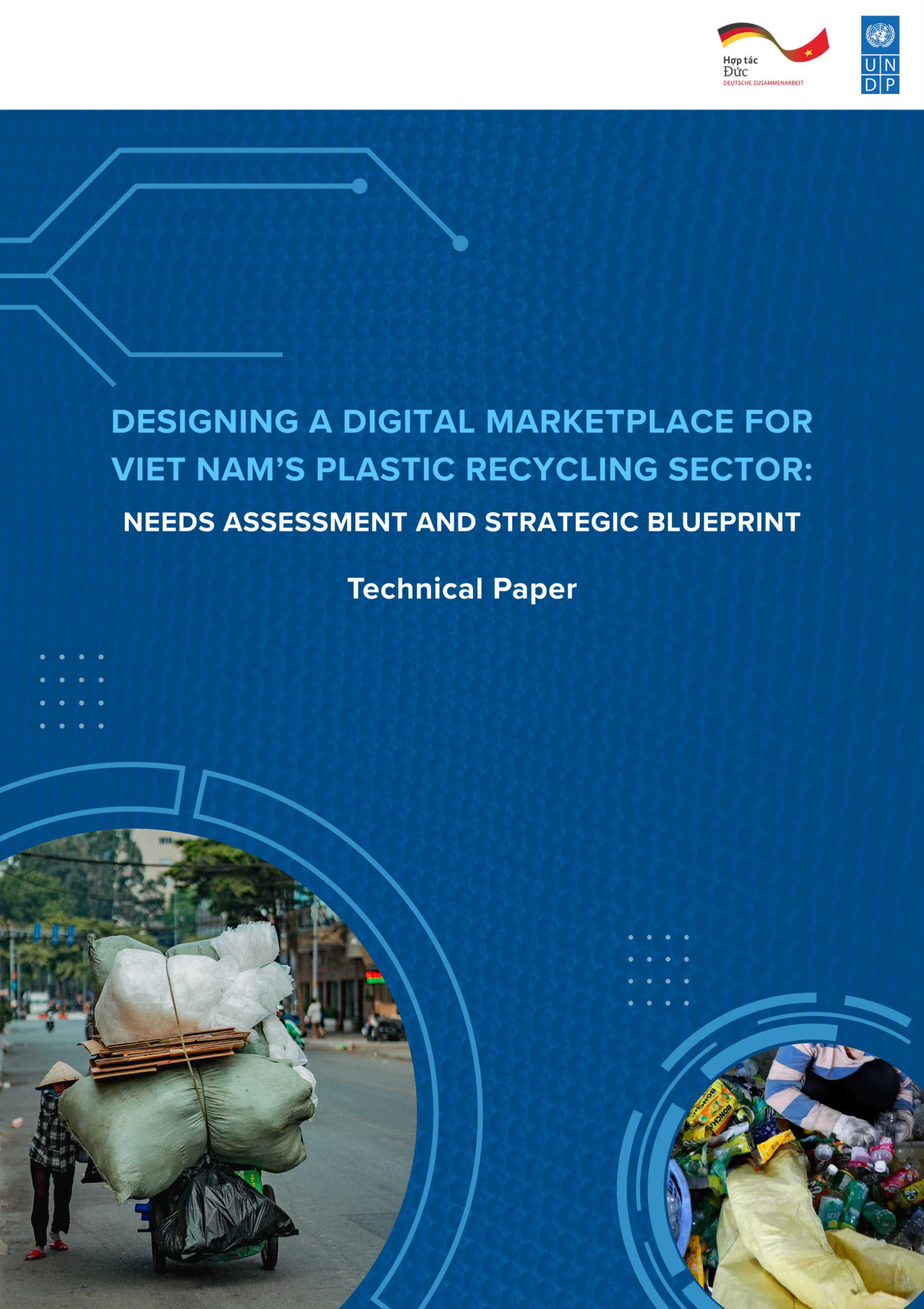EPR Toolbox | Know-how to enable Extended Producer Responsibility for packaging
The presented EPR Toolbox was initiated during the launching event of the PREVENT Waste Alliance within a multi-stakeholder process on May 9, 2019. The PREVENT Waste Alliance is financed by the German Federal Ministry for Economic Cooperation and Development (BMZ).
On behalf of BMZ and the GIZ sector project “Concepts for sustainable waste management and circular economy” we would like to extend our gratitude to all members of the PREVENT Waste Alliance who actively participated in several working meetings as well as the final synthesis workshop on Extended Producer Responsibility (EPR) in May 2020. Furthermore, we would like to acknowledge the continuous support and guidance extended by the PREVENT Steering Committee, as well as from numerous PREVENT members for their valuable comments and inputs during the various steps of product development.
To clarify needs and requirements related to EPR in view of conditions and constraints prevalent in low- and middle-income countries, the authors of the EPR toolbox involved diverse partners from developing countries from the beginning in several co-creation activities, whereas we would especially like to extend our gratitude to the following partner organisations from Ghana and Indonesia: Working meetings took place in Ghana whereas representatives from the Ministry of Environment, Science, Technology and Innovation (MESTI) and the private sector organisation Global Recycling Initiative by Private Enterprises (GRIPE) actively supported us. In parallel, corresponding meetings took place in Indonesia with the Directorate for Environment of the National Development Planning Agency of Indonesia (Kementerian PPN/BAPPENAS), the Directorate for Solid Waste Management of the Ministry of Environment and Forestry (KLHK), the Environmental Agency of Jakarta Province and representatives of the private sector, the Packaging and Recycling Association for Indonesia Sustainable Environment (PRAISE), Sustainable Waste Indonesia (SWI), Waste4Change, the Indonesia Recycler Association (ADUPI), the Indonesia Packaging Federation (PACKINDO) and the Indonesia Food and Beverages Association (GAPPMI) who actively supported several working meetings. The activities in Indonesia were also supported by the “Rethinking Plastics – Circular Economy Solutions to Marine Litter” project, co-funded by the BMZ and the European Union.












